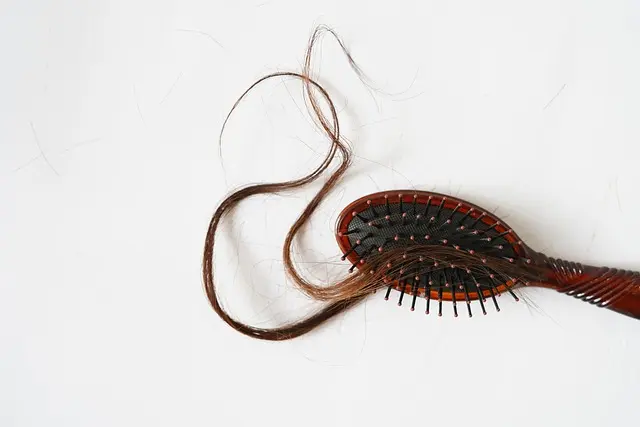
Understanding the causes of hair loss and exploring effective solutions can empower individuals to take action. This article aims to provide comprehensive insights into hair loss, covering its causes, available treatments, and preventive measures.
Causes of Hair Loss
Hair loss can occur for various reasons, including genetic predisposition, hormonal changes, medical conditions, and environmental factors. One of the most common types is androgenetic alopecia, often referred to as male or female pattern baldness, which is influenced by genetics and hormones. Other factors contributing to hair loss include:
- Stress: Emotional or physical stress can trigger temporary hair loss known as telogen effluvium.
- Nutritional Deficiencies: Lack of essential nutrients such as iron, protein, and vitamins can impact hair health.
- Medical Conditions: Conditions like thyroid disorders, alopecia areata, and scalp infections can lead to hair thinning or loss.
- Medications: Certain medications, including those for cancer, arthritis, depression, and heart problems, can cause hair loss as a side effect.
Effective Treatments for Hair Loss
When it comes to treating hair loss, several options are available, ranging from medical treatments to natural remedies. Understanding these options can help individuals find the right approach for their specific situation.
- Medical TreatmentsMinoxidil (Rogaine): An over-the-counter topical treatment that stimulates hair growth and slows hair loss. It is available for both men and women and can be effective when used consistently.Finasteride (Propecia): A prescription oral medication for men that reduces the production of hormones that contribute to hair loss. It’s essential to discuss potential side effects with a healthcare provider.Platelet-Rich Plasma (PRP): A treatment that involves injecting platelets from the patient's blood into the scalp to promote hair growth. This method has gained popularity due to its promising results.Laser Therapy: Low-level laser therapy devices are designed to stimulate hair follicles and promote hair regrowth.
- Natural RemediesEssential Oils: Oils such as rosemary and peppermint have been shown to promote hair growth. They can be massaged into the scalp or added to shampoos and conditioners.Herbal Supplements: Natural supplements like saw palmetto and biotin may support hair health, though more research is needed to confirm their effectiveness.Nutritional Changes: A balanced diet rich in vitamins and minerals, including iron, zinc, and vitamins A, C, and E, can promote healthy hair growth.
Preventive Measures
Taking proactive steps can help prevent further hair loss. Here are some strategies:
- Stress Management: Techniques such as meditation, yoga, and regular exercise can reduce stress levels, which may help mitigate hair loss.
- Proper Hair Care: Gentle hair care practices, including avoiding excessive heat and harsh chemicals, can maintain hair health.
- Regular Scalp Massages: Massaging the scalp can increase blood circulation to hair follicles, potentially promoting hair growth.
- Consulting Professionals: Regular check-ups with a dermatologist or trichologist can help identify underlying issues and tailor appropriate treatment plans.
Debunking Myths
There are many myths surrounding hair loss, such as the belief that frequent haircuts can prevent hair loss or that wearing hats can cause baldness. Understanding the facts can help individuals make informed decisions and alleviate unnecessary worry.
Conclusion
Hair loss is a multifaceted issue with various causes and treatment options. By understanding the underlying factors and exploring effective solutions, individuals can take control of their hair health. Whether opting for medical treatments, natural remedies, or preventive measures, it’s essential to consult with healthcare professionals to determine the best course of action. With the right approach, regaining confidence and promoting healthy hair growth is achievable.
